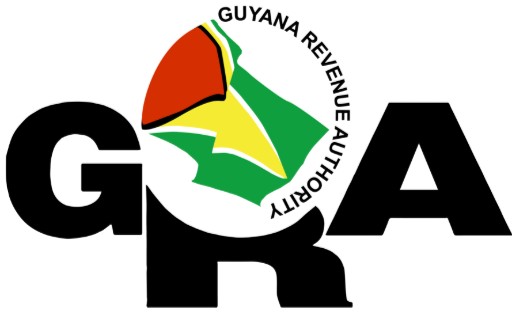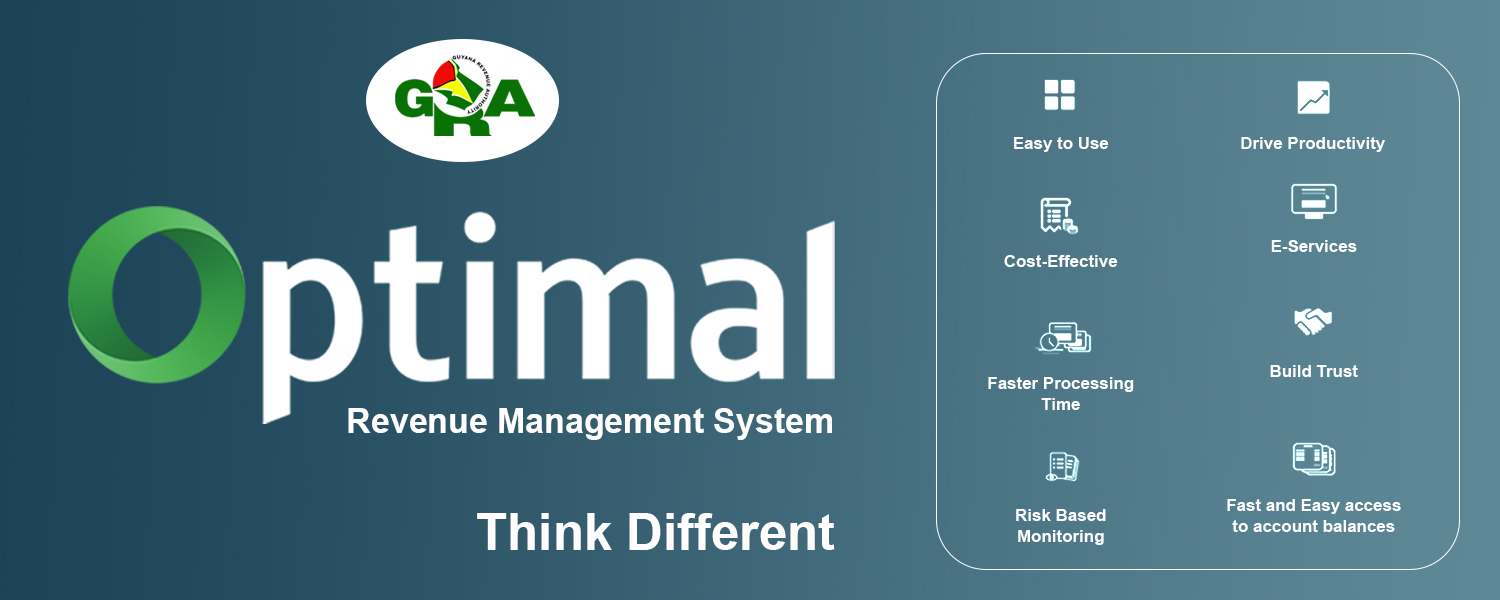Who is required to pay Advance Taxes?
If you work for yourself and you are responsible for setting the charges for the goods or services you provide, you can be categorized as a ‘self-employed person’. Examples of “self-employed” include the following:
- Professionals in private practice viz. Doctors, Lawyers, Accountants, Engineers, etc.
- Minibus/Taxi Owners
- Farmers
- Contractors/Sub-contractors
- Real Estate Agents
- Wholesalers/Retailers
- Vendors/Shop/Stall Owners
- Barbers/Hairdressers
Paying Advanced Taxes
A self-employed person must estimate/average the total amount of money he/she will earn at the end of this year and the total amount in tax he/she will be required to pay. From this estimate he/she must pay one-quarter of the estimated taxes by the following dates:
- April 1
- July 1
- October 1
- December 31
Submitting Tax Returns
After paying the tax in the advanced quarters stated above, the self-employed person must submit an Income Tax Return by the April 30 of the next year, declaring that the tax has been paid as estimated. Any amount remaining/outstanding should be paid at the time of submitting the Return.
Note:
- Tax is due on income exceeding of $780,000 annually, or $65,000 per month earned in 2021.
- If you are earning an income below the annual threshold of $780,000, you are still required to file an Income Tax Return, along with your Income and Expenditure Statement.
- If you were both an employee and self-employed during the year preceding the submission year, and the income earned as a self-employed individual is 25% or more of the total income earned for the year, you are required to pay advance taxes.
For assistance with your Income Tax calculations, use our Income Tax Calculator
Do I Have To Pay Advance Taxes?
- Home
- Do I Have To Pay Advance Taxes?

